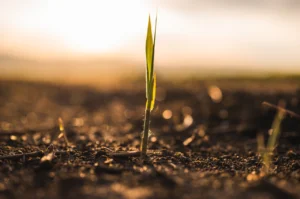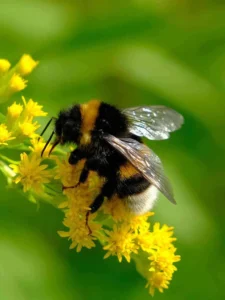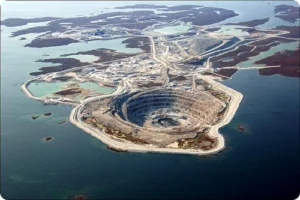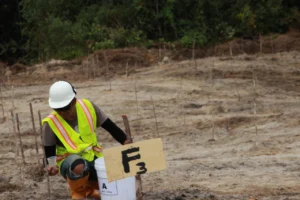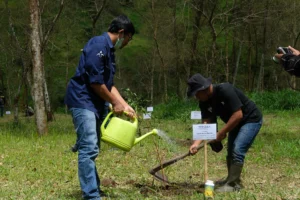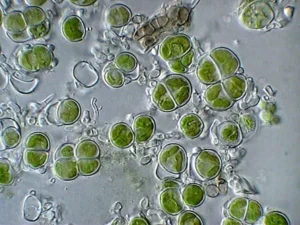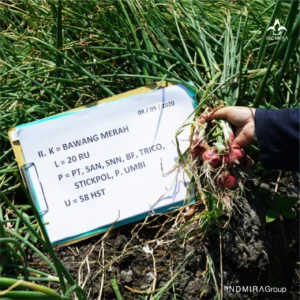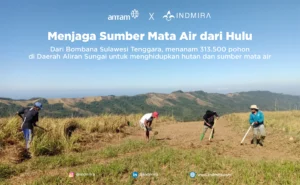Indonesia is a country with 30% of its territory consisting of land, rich in abundant mineral resources. However, this natural wealth can act as a double-edged sword: on one hand, it can enhance the nation’s economy, but on the other, it may also bring significant ecological problems if post-exploration management is not carried out wisely.
Post-exploration lands come with accompanying issues such as extreme soil acidity, loss of topsoil, and low nutrient content. These lands may not be visible directly to the public, yet they are widespread across various mining regions. Critical post-mining lands can be found, among others, in Bangka Belitung Islands, Tanjung Pinang, Dabo Singkep, Sanga-Sanga, Samarinda, and other mining exploration areas.
The area of such lands is relatively small compared to the total land area of Indonesia as a whole. However, post-mining lands must be restored to reestablish ecological balance and be utilized once more. Therefore, reclamation or rehabilitation of post-mining lands must be carried out in an environmentally friendly manner.
So, how can mining reclamation or rehabilitation of marginal lands be done properly? One of the solutions is through the application of biostimulants. Biostimulants are organic-based products enriched with microbes that can stimulate the formation of topsoil as well as help reduce pollutants in the soil, particularly those resulting from mining activities.
The application of biostimulants on marginal lands will assist in the soil weathering process with the help of microbes that are capable of producing various types of organic acids. These organic acids will in turn support the growth of other microbes such as fungi and moss. The growth of moss will further enhance the weathering process, thereby increasing the availability of nutrients for higher plants and improving the ability of cover crops (LCC) to grow easily.
To address the need for biostimulants in improving the utilization of marginal lands, Indmira has developed various types of biostimulants based on microbial inoculum, humic acid, fulvic acid, amino acids, as well as plant and animal extracts. Several product packages include RBT, SAN Soil Conditioner, and SAN Plant.
The biostimulant products developed by Indmira contain approximately 60–90 elements required by nature and its ecosystems, including macro and micro elements, organic acids, organic growth regulators, and microbial consortia. This composition will trigger the process of pedogenesis, or soil formation, on polluted lands or soils lacking topsoil.
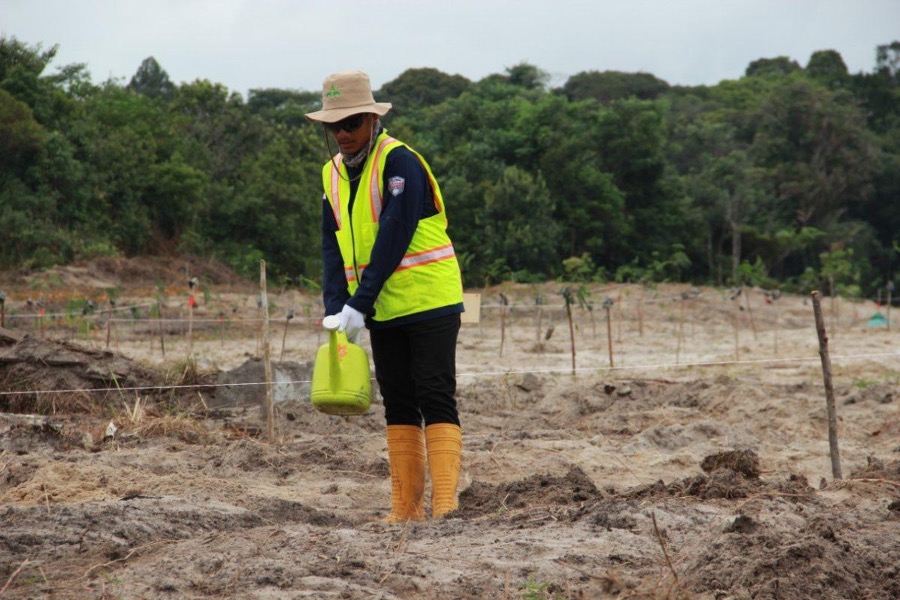
The application of these biostimulants has a significant impact on soil improvement, as the function of these products lies in their ability to act as active agents (microbes) in the process of rock weathering and soil formation. In addition, Indmira’s biostimulant products can degrade minerals and rocks through the acidification and binding capacity of the various organic acids they contain. Indmira’s biostimulants also play a role in helping soil loosening, neutralizing heavy metals such as Fe, Mn, and Hg, as well as balancing soil pH.

